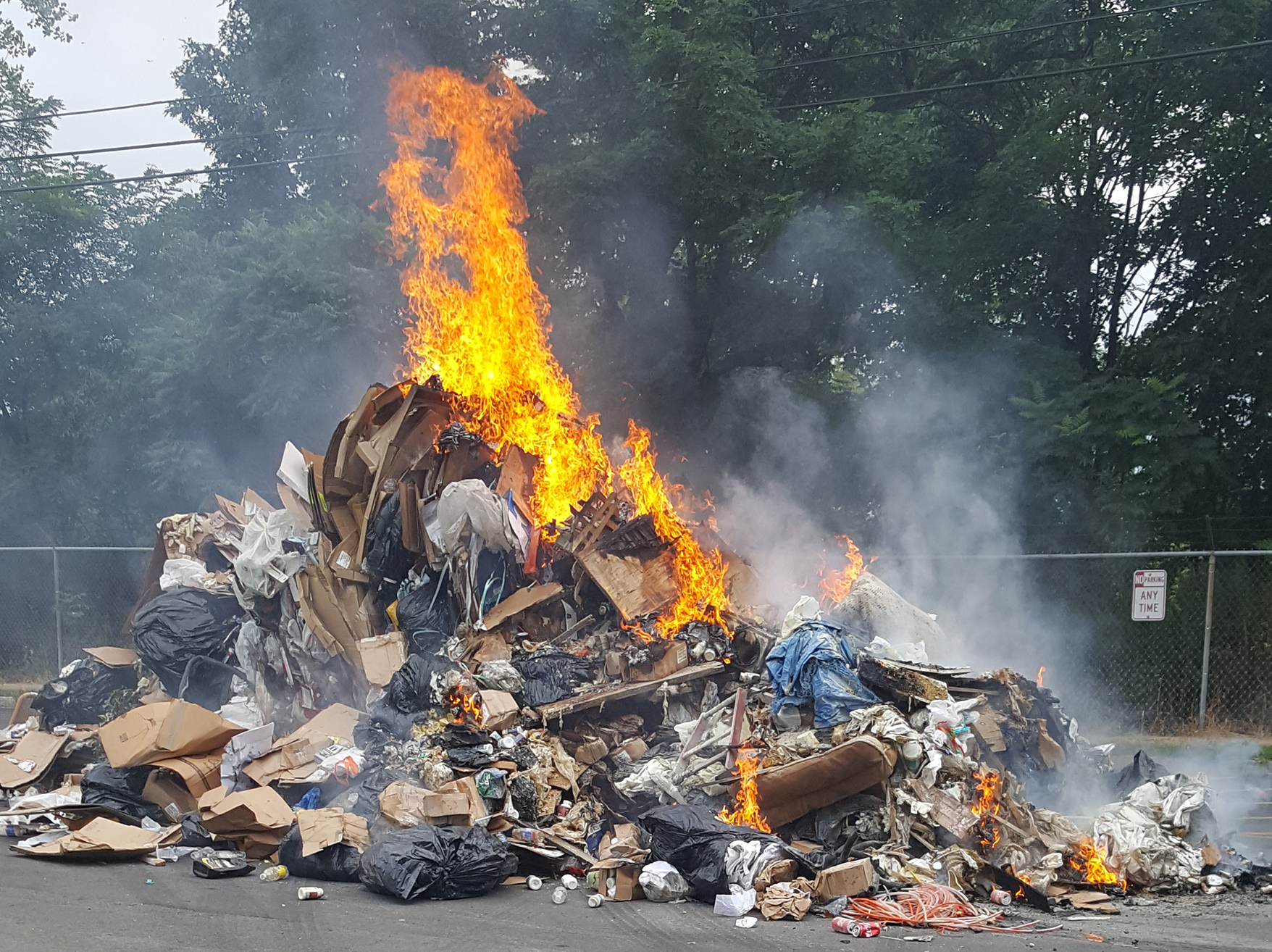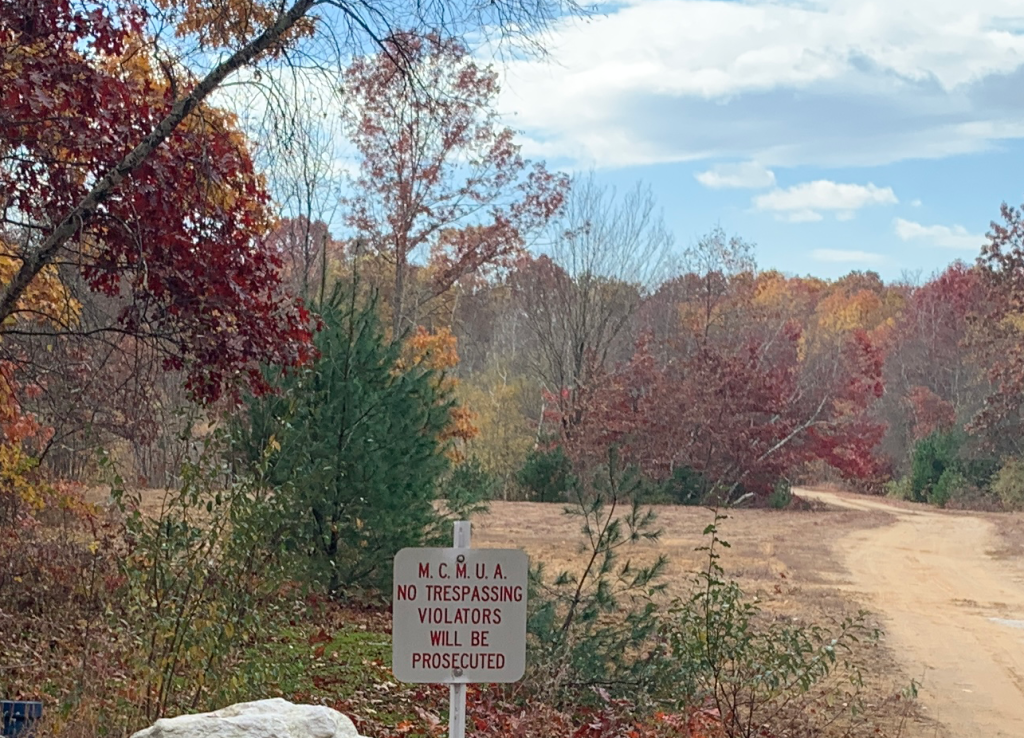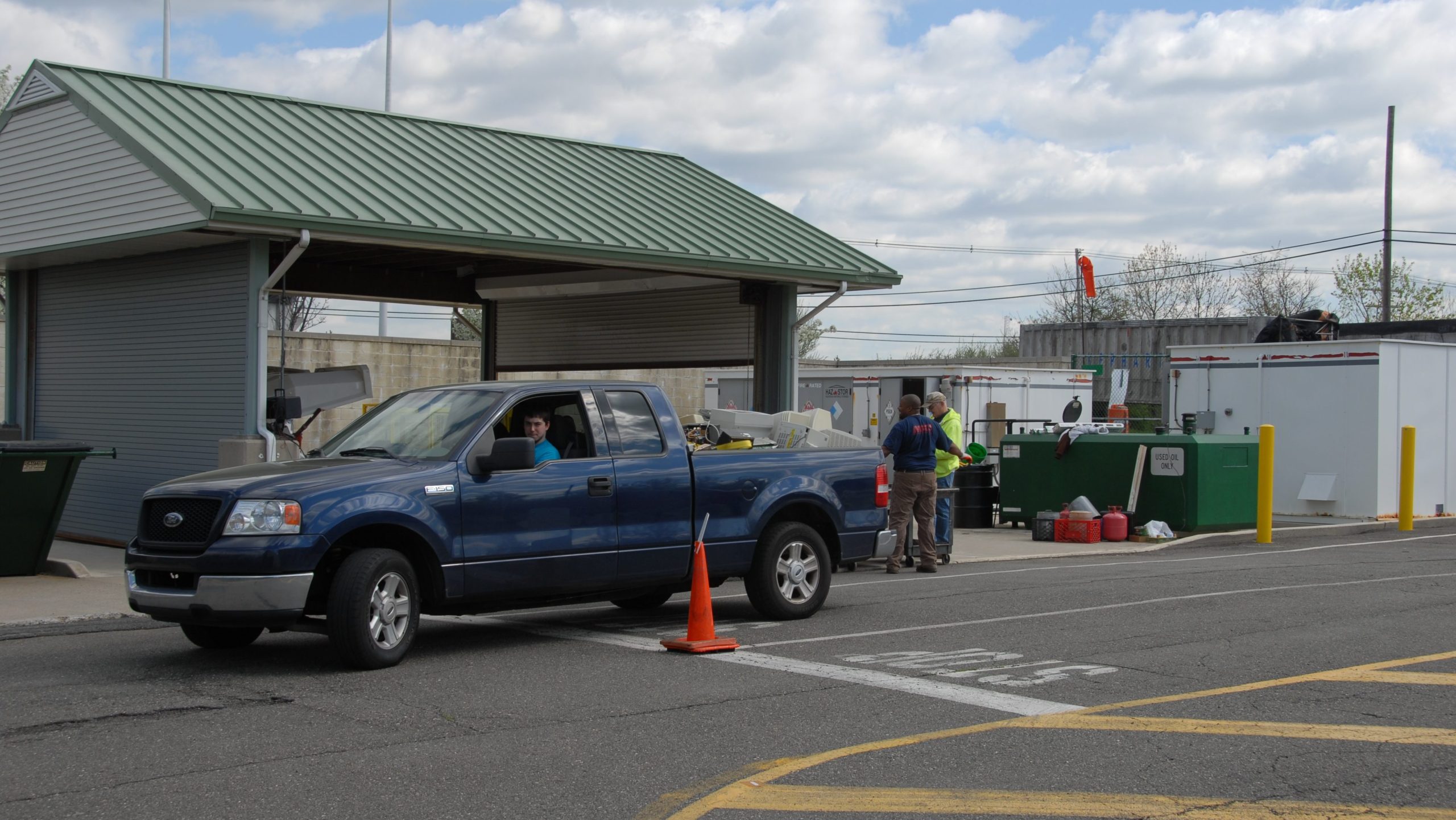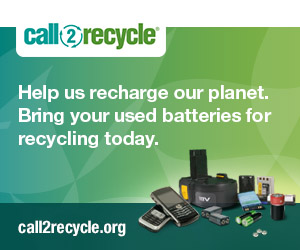Physical Address
304 North Cardinal St.
Dorchester Center, MA 02124
Physical Address
304 North Cardinal St.
Dorchester Center, MA 02124

Batteries and chemicals are essential for many everyday devices and products, but they can also pose serious dangers to the environment and human health if they are not disposed of properly. In this article, we will explain why batteries and chemicals are hazardous, how they can affect solid waste facilities, and what you can do to dispose of them safely in Morris County.
Batteries and chemicals contain various substances that can be toxic, corrosive, flammable, or explosive. For example, lithium-ion batteries, which are commonly used in electric vehicles, laptops, phones, and other devices, can catch fire or explode if they are damaged, overheated, or short-circuited. They can also release toxic gases such as hydrogen fluoride (HF) and hydrogen cyanide (HCN), which can cause severe burns, respiratory problems, and even death .
Chemicals such as paints, solvents, pesticides, cleaners, and medications can also pose risks if they are not handled or stored properly. They can leak or spill from their containers and contaminate the soil, water, and air. They can also react with other substances and cause fires or explosions. Some chemicals can also harm human health by causing skin irritation, eye damage, organ failure, or cancer.
Batteries and chemicals can cause serious problems for solid waste facilities if they are thrown in the garbage or recycling bins. They can damage the equipment and infrastructure of the facilities, such as trucks, conveyors, compactors, shredders, and sorting machines. They can also endanger the workers who handle the waste materials and may not be aware of the hazards.
One of the biggest threats that batteries and chemicals pose to solid waste facilities is fire. According to a report by the US Environmental Protection Agency (EPA), lithium-ion batteries were involved in 65% of the fires at waste management and recycling facilities in 2018. These fires can be hard to detect and extinguish because they can smolder for hours or days before erupting into flames. They can also spread quickly and cause extensive damage to the facilities and the surrounding environment.
Another threat that batteries and chemicals pose to solid waste facilities is pollution. If batteries and chemicals are not separated from the rest of the waste stream, they can end up in landfills or incinerators where they can release harmful substances into the environment. For example, batteries can leach metals such as lead, cadmium, mercury, nickel, cobalt, and lithium into the groundwater or emit them into the air when burned. Chemicals can also contaminate the groundwater or air with organic compounds or acids that can affect wildlife and human health. The MCMUA’s drinking water comes from local aquifers, such as the Alamatong Wellfield shown below, requiring even more attention to potential pollution sources.

The best way to manage batteries and chemicals safely is to avoid generating them in the first place. You can do this by choosing products that use less or no batteries or chemicals, such as rechargeable devices or natural cleaners. You can also extend the life of your batteries or chemicals by using them sparingly or properly storing them away from heat, moisture, or direct sunlight.

However, if you do have hazardous batteries or chemicals that you need to get rid of, you should never throw them in the garbage or recycling bins. Instead, you should take them to a designated collection site where they can be recycled or disposed of safely. In Morris County, you can use the Morris County Municipal Utilities Authority (MCMUA) as a resource for finding out where and how to dispose of your batteries or chemicals.
The MCMUA offers various programs and services for residents and businesses to dispose of their hazardous waste materials. For example:

By following these steps, you can help protect the environment and human health from the dangers of batteries and chemicals. You can also help reduce the risks and costs for the solid waste facilities that handle your waste materials.